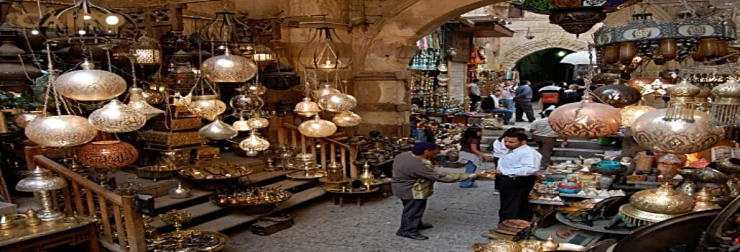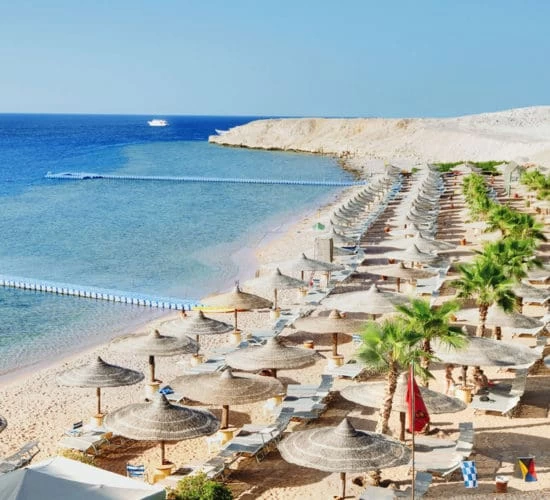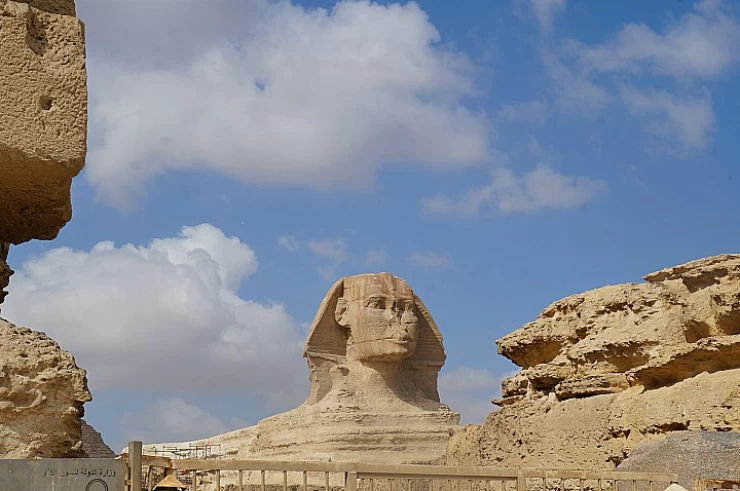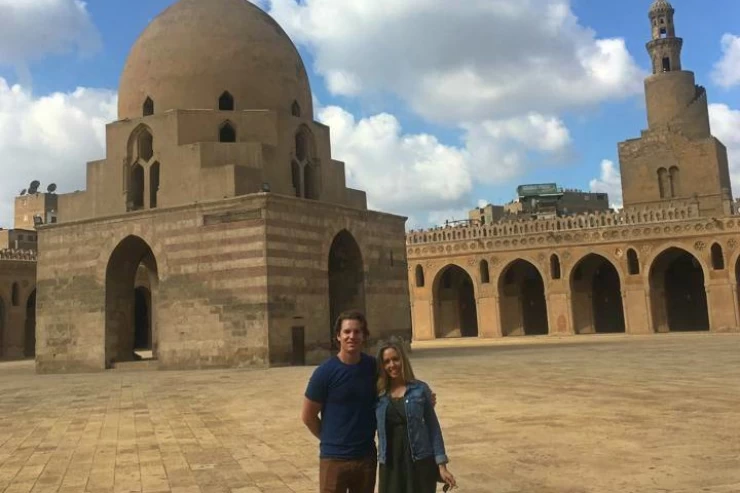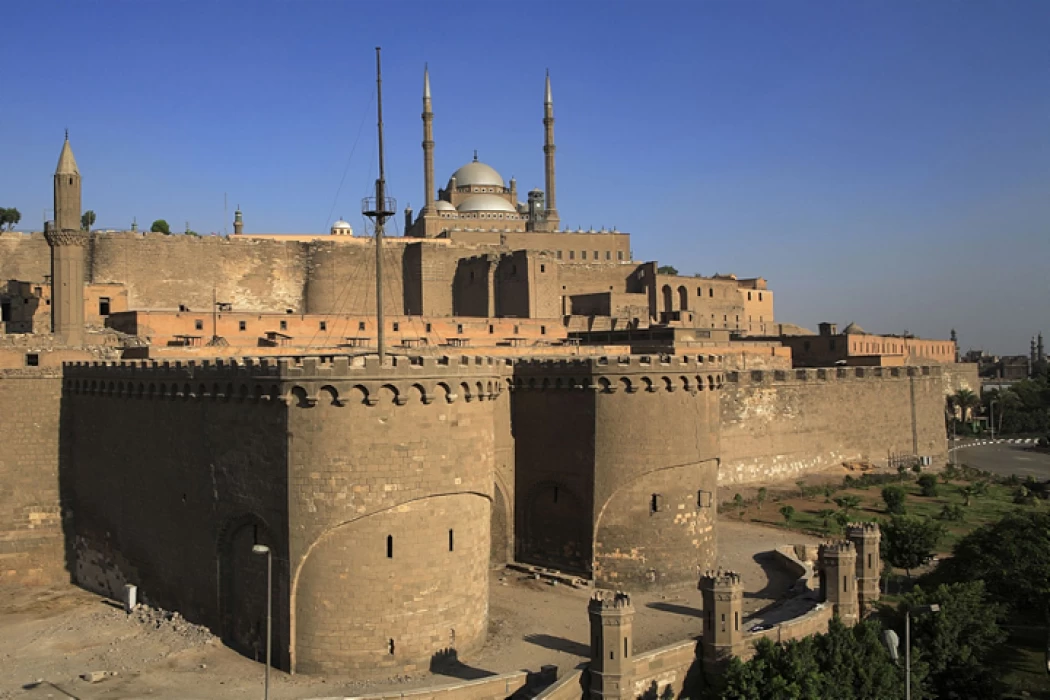
Salah El-Din Al-Ayoubi | Sultan of Egypt
A hero for the Arabs
Saladin, a warrior from Kurdistan, helped his uncle Chirkuh take power in Egypt. At 32 years old, he succeeded him as vizier. After having brought together Egypt and Syria, the two main parts of the Arab-Muslim world, this empire builder, by the way good Muslim, turns his blows against the Franks installed in Palestine for two generations, that is to say, almost a century.
He revived the mysticism of jihad (holy war against infidels), long since fallen into disuse, and won a decisive victory over the Christians at Hattîn in 1187. This victory makes forget the defeat suffered by the same Saladin at Montgisard two years earlier. It allows the Muslims to reconquer Jerusalem almost a century after its annexation by the crusaders (1099).
The Frankish chroniclers report with emotion that, during the capture of Acre, Saladin redeems from his money the infant of a young Frankish prisoner to reunite him with his mother. But the sultan also testifies to a useless cruelty as his time was customary. So does he leave Muslim religious without experience of the sword to massacre in an atrocious way the Templars and Hospitallers captured after the battle of Hattin... And when, as a young officer, he seized power in Cairo.
Saladin, founder of the Ayyubid dynasty (named after his father), was succeeded by his brother, Melik el-Adil, a friend of Richard the Lionheart. The latter considered giving her his sister Jeanne in marriage so that together, in tolerance, they rule the Holy Land! But this utopian project has failed in the beginning.
Furthermore, the Castle of the Mountain (qala'a al-Gabal), also known as the Salah al-Din al-Ayyoubi (Saladin) citadel, is one of Cairo's most significant landmarks and one of the biggest castles constructed during the Middle Ages. After seizing control of Egypt, Saladin saw that, in contrast to other major Levantine towns like Damascus and Aleppo, Cairo lacked a citadel to provide security, despite its prominence and size.







